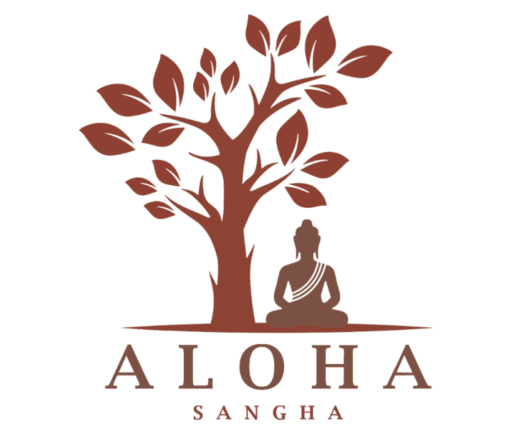the mindfulness of outrage
Tears well up as I type these words. I ask myself, can I let myself be mindfully undone by this pain and not shut down from it?
A few days ago, President Zelensky addressed the UN Security Council via video link from Kiev. He ended his talk with a short video montage of still photos from the newly liberated town of Bucha. I can’t unsee those images of bodies laying on streets.
One person cut down while riding a bicycle on a street with a basket of groceries. Another killed with a bullet to the back of the head with his hands tied behind his back.
anesthetized by horror?
Many of us, I suspect, would rather not see those images, or if we choose to see them, we process them at the outer limit of our tolerance. Sadly, the more images of unspeakable horror we view, the more anesthetized it seems we become.

morbid curiosity?
Maybe you saw those images out of what psychologists call morbid curiosity. We have evolved to avoid danger, but to do that, we need to know what danger looks like, so we can better deal with it. So we look at these images much as we would look at a car wreck on the freeway as we pass, using the well-known example.
If we choose not to see them, is it because we are afraid to see them? It’s much easier to shove the images aside, unseen, paved over with culturally congruent expressions of outrage.
There is a line that’s been coming to mind over the past few days, from Pema Chodron.
If you’re invested in security and certainty, you are on the wrong planet.
Pema Chodron
news from the wrong planet?
Maybe we shove the images aside as news from the wrong planet. One where these things don’t happen.
The mindfulness movement has been hijacked by a self-help industry from this other planet. Mindfulness is now a billion dollar market telling us it’s all good, don’t worry, you got this.
I am sorry, but after practicing Buddhist mindfulness for over forty years–I definitely don’t “got this.”
Mindfulness has helped me see those images and feel my rage in all its rawness. Modern mindfulness says you can deal with intense feelings, but they shouldn’t undo you. I guess I am a failure at this, because right now I am feeling quite undone.
can I be mindfully undone?
Tears well up as I type these words. I ask myself, can I let myself be mindfully undone by this pain and not shut down from it?
This begs the bigger question–does your mindfulness practice serve you to shut you down, or to open you up? To dissociate or invigorate? If the situation is too intense, mindfulness can be protective. But it can also be too protective, reinforcing avoidance.
suffering, death, and resurrection
I grew up Catholic, and Easter time has always been special for me. Tomorrow is Palm Sunday, the start of holy week, the day Jesus arrived in Jerusalem, the week ending with his crucifixion five days later.
Perhaps as Buddhists we can find a very rich contemplative vein to mine here on suffering, death and resurrection.

When I see the pictures from Bucha, I feel a part of me dying, losing hope, falling into fear, closing down. And when I meditate, I feel the ache in my gut, in my legs, in my face.
My years on the cushion have taught me to just feel, just feel.
Drop the commentary. Drop the narratives. Simply be with fear, anger, and rage dispassionately as they play themselves out in the psyche. Watch the enticements toward reactivity, but don’t follow them. Just watch the mind looping, looping.
the loops of our conditioning
The Buddha pointed out the many conditioned loops the mind can go through, and a way out. The big loop, of course, is samsara. And the way out is always through–clean through our resistance.
A clean death leads to a clean resurrection. By clean, I mean free from reactivity and resistance.
This is the work of meditation. Observing our resistance and feeling our way through, not falling into reactivity, and coming out alive, fresh, newly emboldened to work for the benefit of others.
our pain is not a mistake
I can’t remember who said this–that our pain for the world, of seeing the image from Bucha–is not a mistake to be corrected. Our attempts to get rid of this pain, through anger or hatred, only make it worse, as the Buddha never tired of telling us.
I see the Four Noble Truths everywhere I look. The truth of this world is painful, but ignorance is more painful. The path is through the pain.
The Egyptian novelist Naguib Mahfouz, who won the Nobel Prize for Literature in 1988, wrote in one of his novels:
The problem is not that truth is harsh, but that liberation from ignorance is as painful as being born. Run after truth until you’re breathless, and accept the pain involved in recreating yourself anew.
Naguib Mahfouz
Our Buddhist practice might deepen the non-reactivity on this planet. Not by much, but maybe by just enough to see us through.





